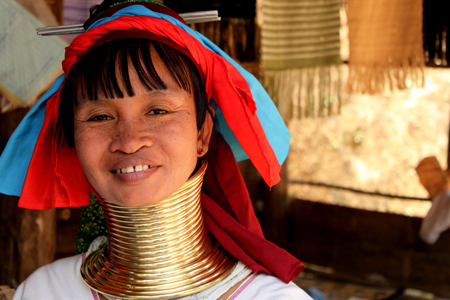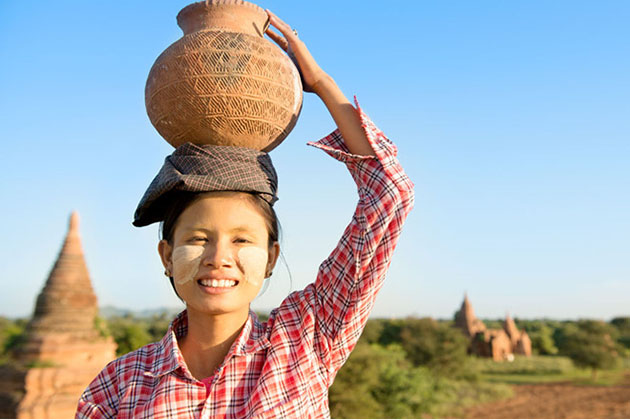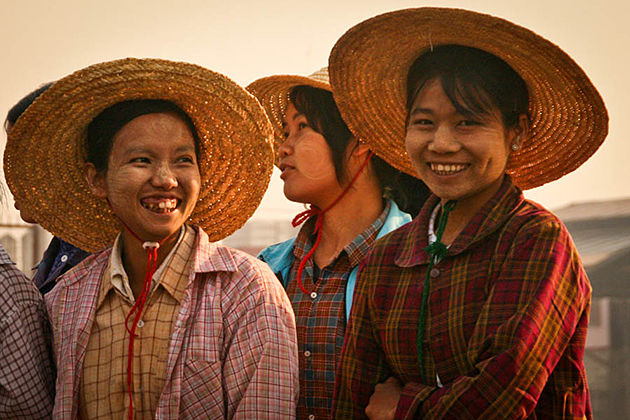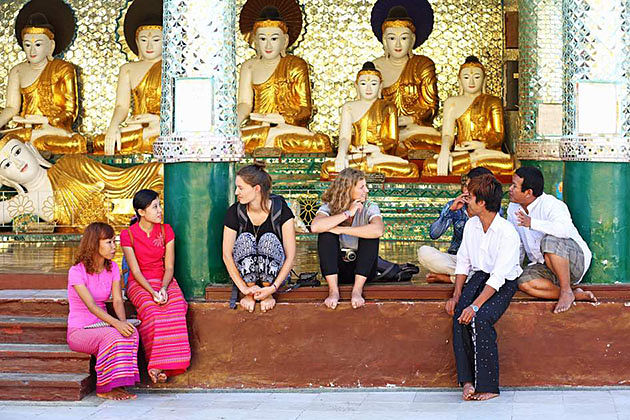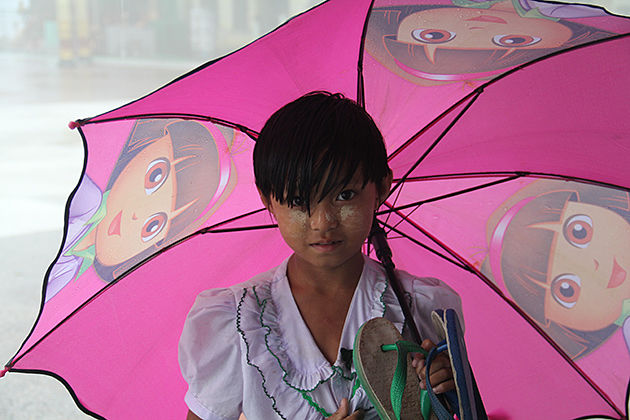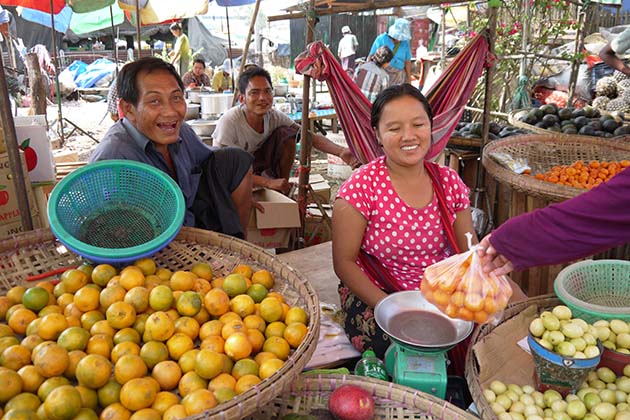Myanmar, like all people, displays their own special traits of character. Myanmar means the Bamar as well as Kachin, Kayah, Chin, Mon, Rakhine and Shan major indigenous peoples and all the minor ones. Growing up together harmoniously and in solidarity, drinking the same water and eating the same cereals, they have developed the same tone and temper of character.
Burmese Character Traits
Step aside from the breathtaking natural landscape, what makes tourists in Myanmar tours fall in love immediately is the incredible friendliness, gentleness, and simple lifestyle of the Burmese people that even when you come back to your country, these memories will still be with you forever. Let's find out more specific characteristics of them as below:
Friendliness
Myanmar people are friendly and are especially ready with a warm smile to welcome a foreign person. They have a genuine interest in a person as a person, not out of curiosity but from fellow-feeling. This feeling is reinforced by the notion generally held that people meet in this life because they had been friends in a previous life and that now is the chance to renew old friendships. Thus, any meeting of people starts from the basis of friendly feeling.
Helpfulness
Myanmar people exhibit a readiness to help. They may not articulate the question, "May I help you?". They do not wish to be considered as interfering. But they stand by and are ready to step forward with a helping hand if asked. So do not hesitate to ask for help whenever you need it. They may not speak much English but most will understand what you want.
Patience
Myanmar people are willing to wait patiently for something to happen. Not many generations away, perhaps only one, from the agricultural rhythm of the fields, they understand that things take time to grow and ripen. A saying on patience presents as illustration indigenous races who are great growers of tea. "If you would have tea of top quality, the Palaung must go slowly up the hill." Brought up in a tradition which views the world in a long time perspective, the Burmese are naturally patient. Just as they are accommodating to people, they are accommodating to life.
Temper
Myanmar people are not easily aroused to anger by irritations and frustrations. They consider these pricks and jabs as part of daily life and wonder why anybody would want to get into a temper. This does not mean that the Burmese are placid. They do get disturbed; after all, they are human, but not to the extent of rushing into anger. Nor are they cold. They possess the positive feelings of sympathy and loving- kindness.
Pride
Myanmar people are a proud people. Their sense of pride is aroused when they are treated unfairly or in an overbearing manner. Treat a Myanmar fairly and he will serve you well, work hard for you. Treat him arrogantly or in a domineering manner or tone of voice and he will respond with insolence (tit for tat?) or obstinacy. He may even leave you, not caring for whatever pecuniary benefit association with you might have. Remember when you deal with a Myanmar you are dealing with a person who values obligations. These obligations are not one-directional but reciprocal such as the obligation of the son to parent and parent to son, wife to husband and husband to wife.
Specific Guides to Burmese People Names
You will find Myanmar names like U Ba Tin, Daw Khin Lay. The names cannot be divided into two parts: the given name and the family name. The whole thing is the given name. There is no family name.
The U is the prefix to the name of a man. Daw is the prefix to the name of a woman.
The prefixes for younger persons are Ko or Maung for male and Ma for female, as in Ko Ba Tin, Maung Ba Tin, and Ma Khin Lay.
The names without the prefixes would be Ba Tin, Khin Lay, which is sometimes used by senior per-sons addressing juniors or between familiars.
Don't address a senior of age or status with Ko, Maung or Ma.
Don't use the respectful U or Daw where Ko or Ma would suffice.
Remember too that the wife does not assume the husband's name on marriage. She keeps her given name throughout.

